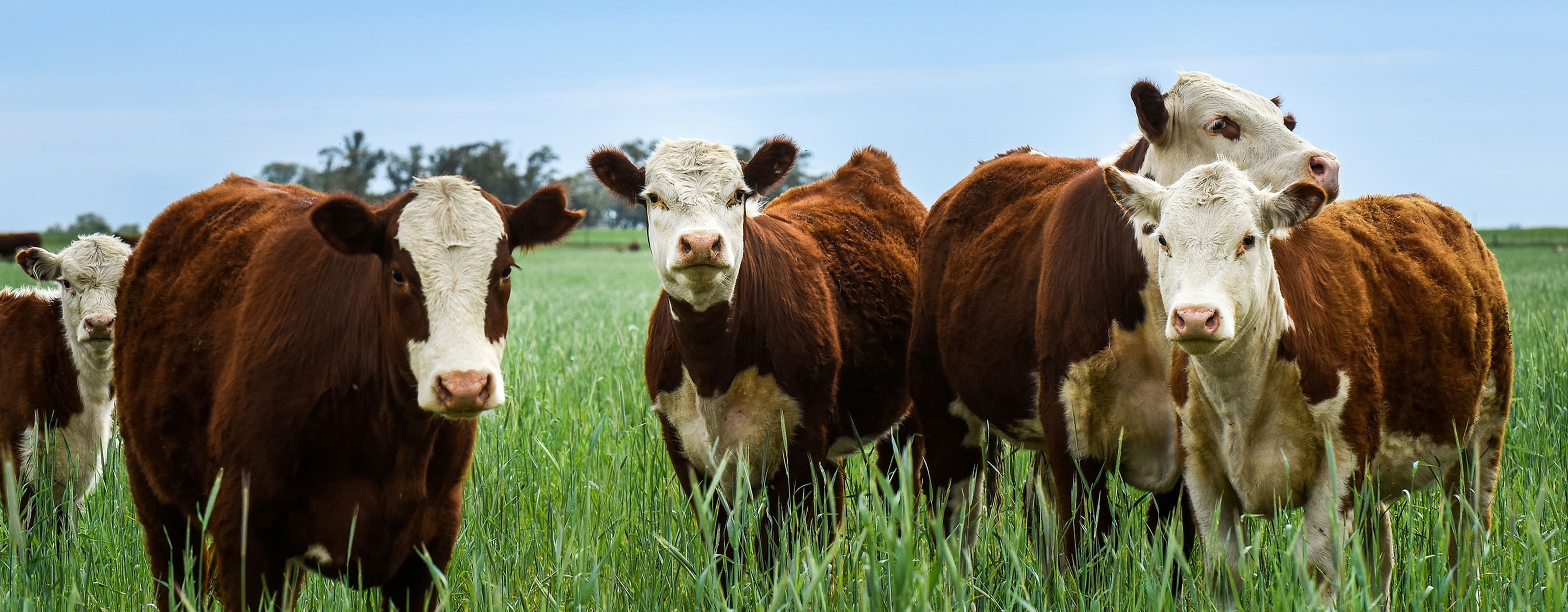
Political priorities
Through democratic advocacy, political dialogue, fostering corporate relationships, and awareness raising, Project 1882 seeks to make a difference for the animals that are the most exploited and suffer the worst. We actively create solutions to problems faced by animals, and we always strive to reach the best possible outcomes. We want real change. Here are our ten political priorities for animals.
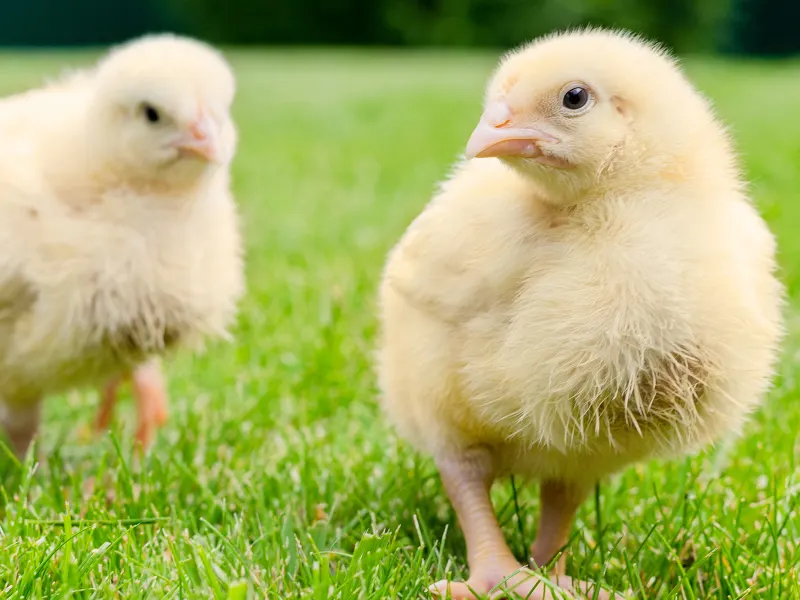
Phase out fast-growing chickens
Chickens are the land-living animals that are the most exploited and suffer the worst. The rearing of fast-growing chickens not only violates the principles of the Animal Welfare Act, but also amounts to systematic animal abuse. Project 1882 wants Swedish chicken production to shift away from fast-growing chicken hybrids to slow-growing, healthier breeds. This transition can be realised through the implementation of a phase-out strategy for fast-growing chickens, aligning with the Animal Welfare Act's breeding guidelines, similar to the measures already taken with the ultra-muscular cattle breed, Belgian Blue.
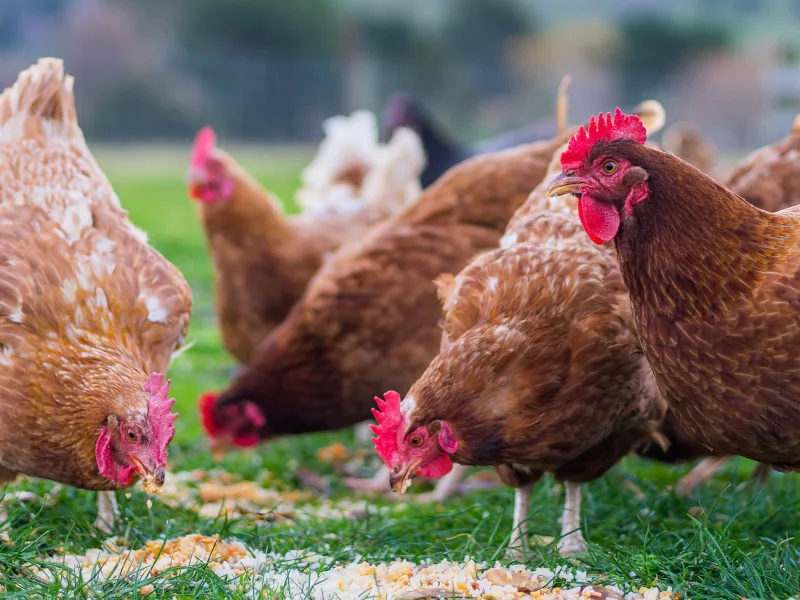
Ban cages for hens
Project 1882 advocates for updating Swedish legislation to end the confinement of hens in cages, and propose a phase-out period of one year. Keeping animals in cages poses significant welfare concerns and undermines Sweden's reputation in the realm of animal protection.
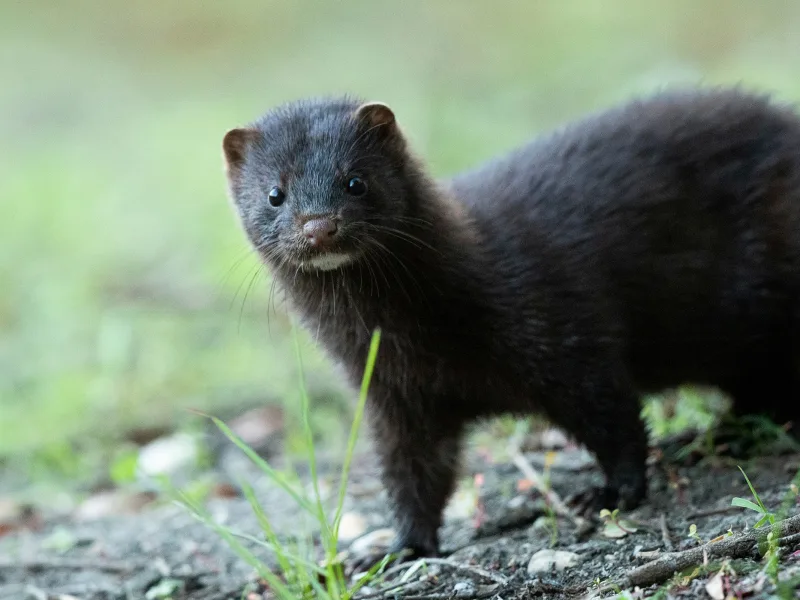
Ban fur farming
Project 1882 works towards a ban on fur farming. The Animal Welfare Act that came into force in 2019 strengthens the animals' right to natural behavior, which is not compatible with how minks are kept in cramped wire cages in Swedish fur farming.
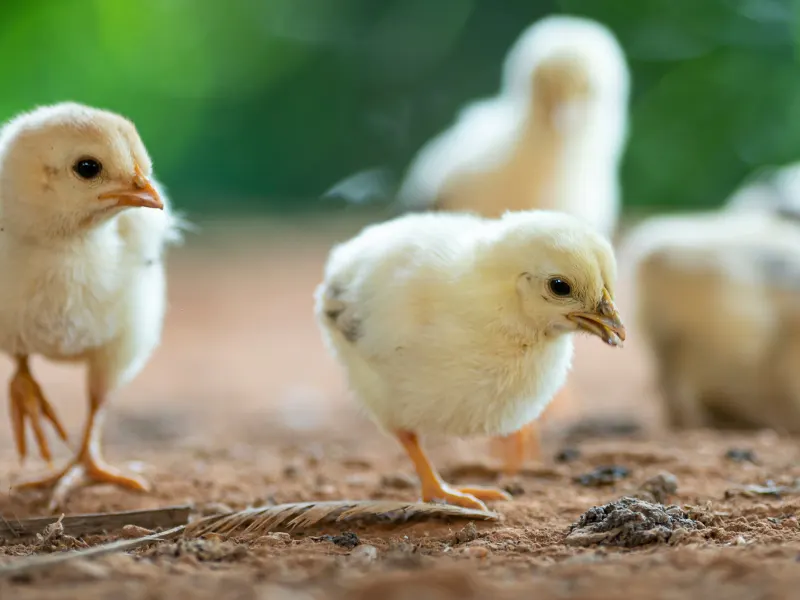
Stop the mass killing of male chicks
Male chicks are considered as waste in the egg industry and are killed during their first day of life. In Sweden, about five million chicks are killed each year, wich represents half of all eggs hatched in the industry. By sexing the eggs at an early stage, the eggs could be used or discarded instead.
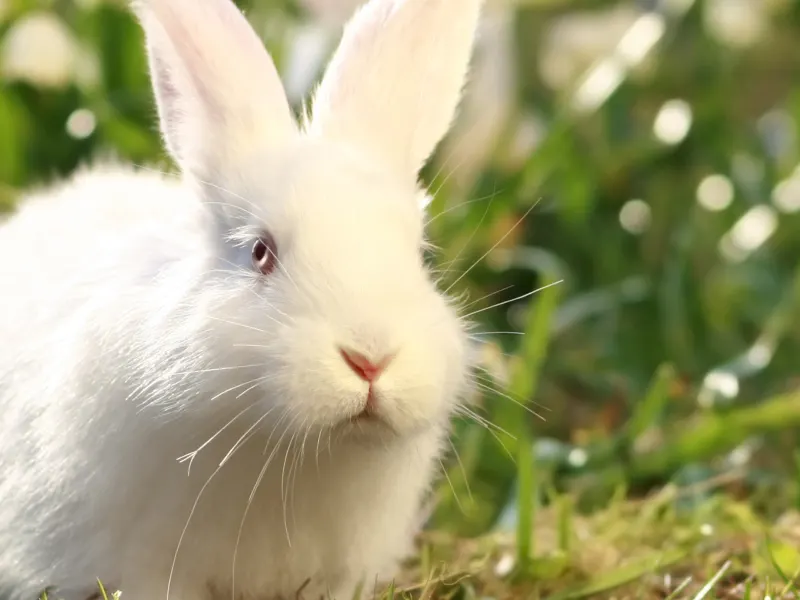
Promote animal-free research
Project 1882 urges Sweden to allocate resources towards the development and implementation of animal-free research techniques, positioning the country as a frontrunner in the field of Life Science. In order to get away from outdated and painful animal experiments, an action plan to phase out animal testing is also needed, as well as a restoration of funding for Sweden's 3R-center.
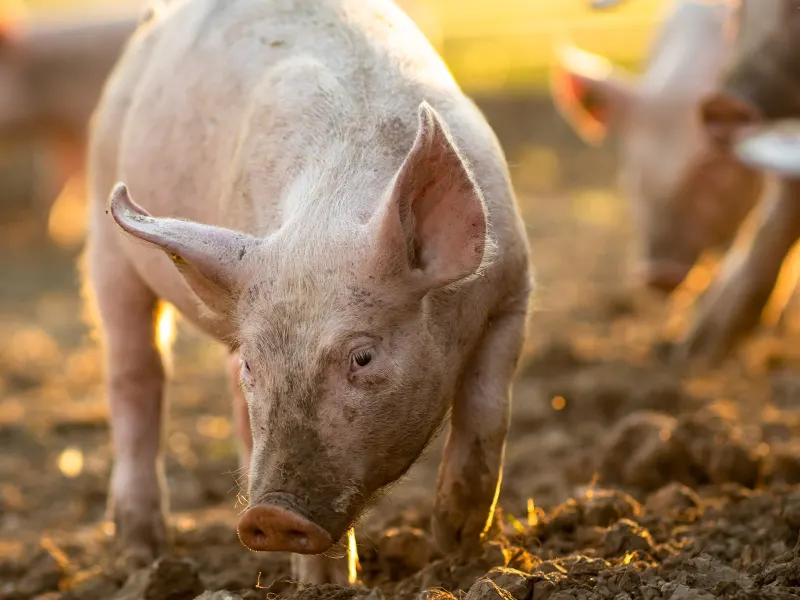
Phase out painful stunning methods at slaughter
Project 1882 suggests establishing an imminent end date to stop the use of painful stunning methods during slaugter. More resources are also needed for researching alternatives to the painful carbon dioxide stunning methods being used for pigs and fish.
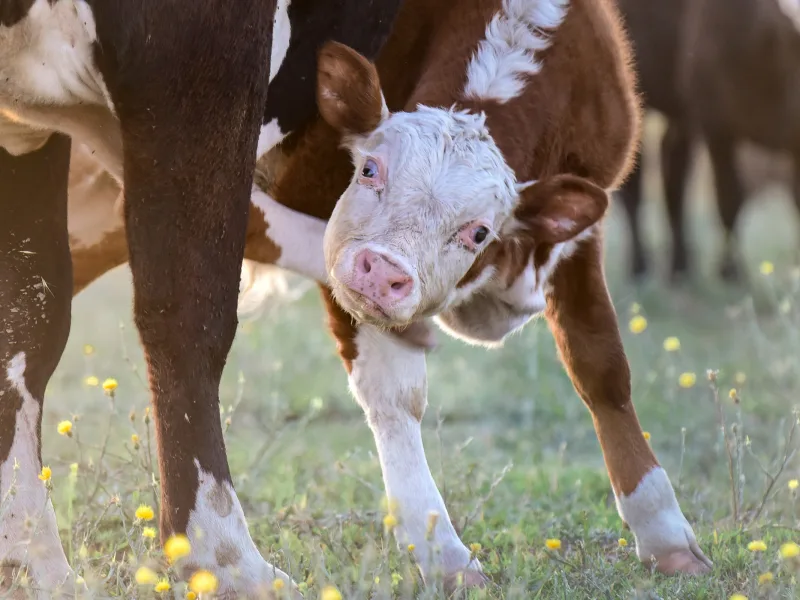
Give higher priority to animal welfare
Project 1882 wants to see a minister of animal welfare in the Swedish government as well as an animal protection authority under the government. In a similar manner, at EU level, we succeeded with a campaign that aimed to clarify where the responsibility lies by including the word “animal welfare" in the title of the responsible Commissioner. Today, animal welfare issues are seen as secondary concerns when the people responsible are supposed to promote production and profitability at the same time. Giving animals a stronger voice within politics would reflect that ethical consideration for animals is a fundamental value in society and ensure that already existing legislation is put into practice.
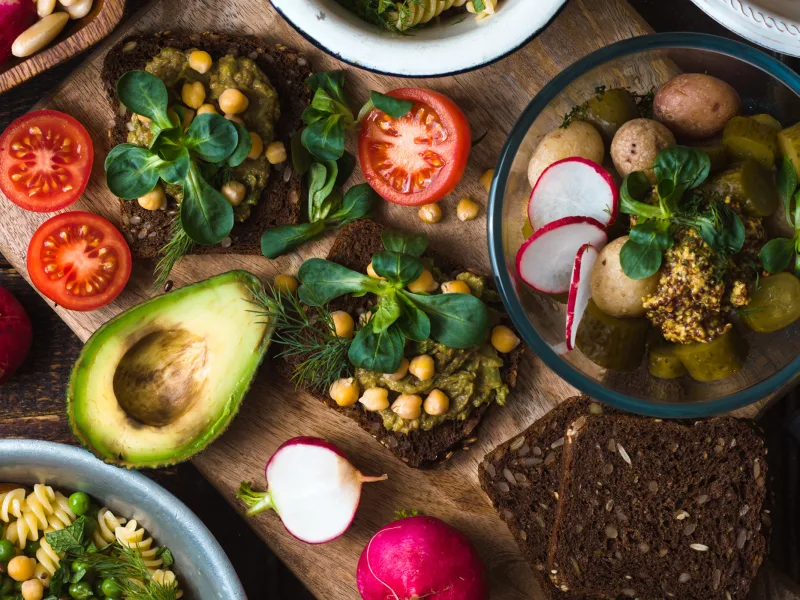
Promote the production and consumption of plant-based food
A transition towards a more plant-based food system is central to making progress towards global goals. Project 1882 wants Sweden to set targets for greatly increased production and processing of plant-based food. Targets must cover the entire food system and be linked to concrete implementation strategies. Subsidies in food production need to support the transition to more plant-based production, instead of, as now, almost exclusively favouring the rearing of animals and animal feed production.
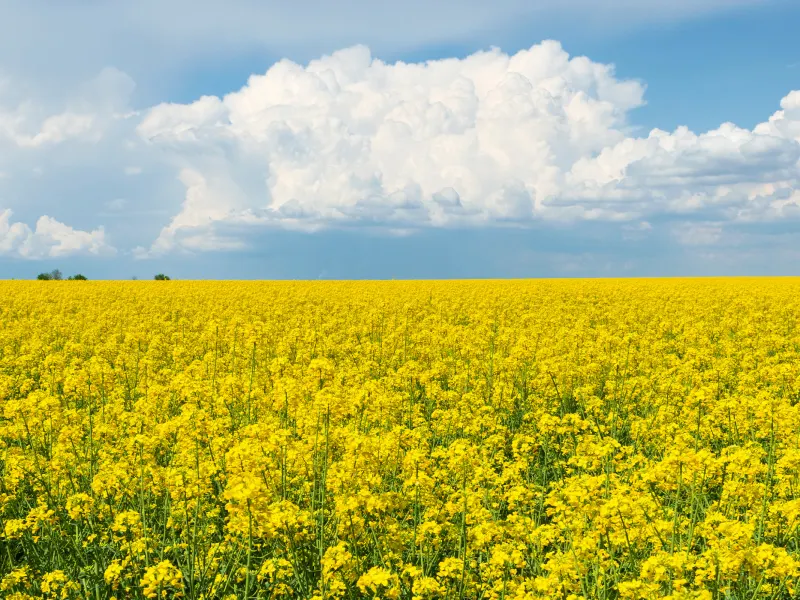
Reduce meat consumption significantly by 2030
Project 1882 advocates for Sweden to embrace the objective of substantially reducing meat consumption by 2030, with politically governed organisations at the forefront of the transition. Shifting towards a greater proportion of plant-based food creates economic flexibility to enforce stricter animal welfare standards on purchased animal products. By implementing stricter animal welfare criteria during procurement processes, overall levels of animal welfare can be improved.
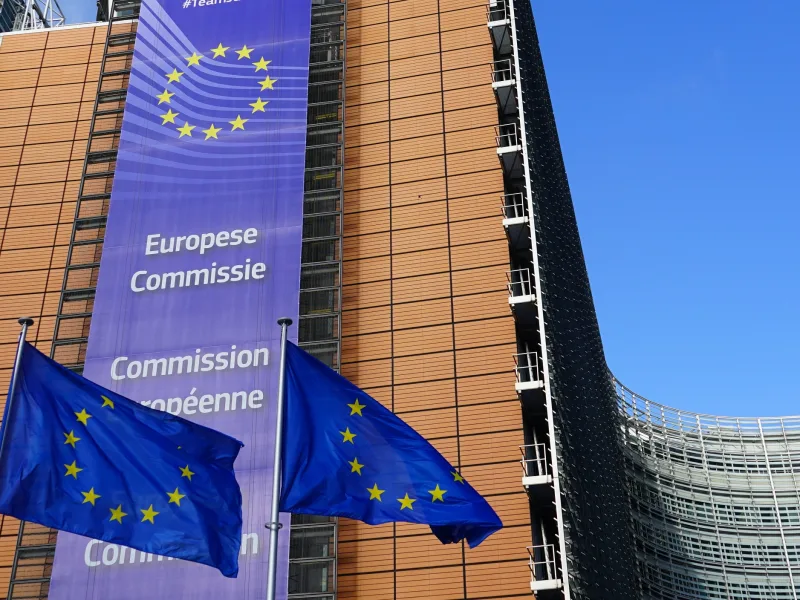
Make the European Union’s new animal welfare legislation ambitious
Project 1882 wants the ongoing review of the European Union’s animal welfare legislation to yield ambitious and comprehensive laws that prioritise the welfare of animals. With a significant disparity between scientific research and existing legislation, the expectations are high that the review will bring substantial improvements. Project 1882 calls for an end to the export of live animals to countries outside the European Union, cages used in the food system in the EU to be phased out, and the introduction of a mandatory animal welfare labelling, among other measures.